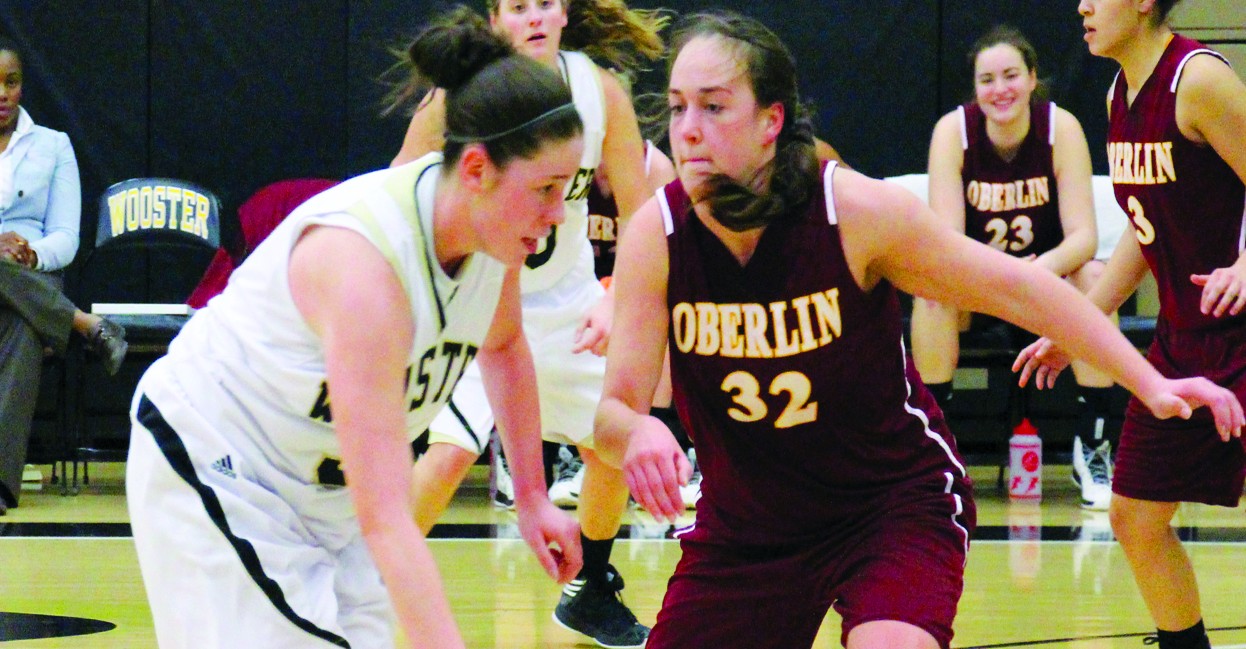The panel discussion covered the problems that marginalized groups face on campus and the importance of more dialogue and allyship.
Stephen Lumetta
News Editor
A forum titled “A part or Apart? A Campus Discussion for Solutions to Discriminatory Acts of Vandalism,” was held on Sunday night. The forum, which included a panel discussion, was spurred by the vandalism of two displays set up by the Center for Diversity and Inclusion (CDI) last week.
Shadra Smith, assistant dean of students and dean of Multicultural Student Affairs; Melissa Chesanko, director of the Office of Sexuality and Gender inclusion; Interim President S. Georgia Nugent and student leaders decided to host a forum and use part of the Art Wall raise awareness about the day the vandalism was discovered, said Chesanko.
“The response was student-driven and supported by all of our offices,” said Chesanko. “This was the type of response that they thought was most needed and so we were willing and wanting to support students in that.”
Smith opened up the forum by welcoming the group. The panelists then introduced themselves: Shadra Smith, Chesanko, Roxy Freeman ’16, Matt Woodward ’19, Chadwick Smith ’17, Foster Cheng ’17 and Steve Glick, director of Security and Protective Services (SPS), who was only able to stay for the first part of the panel.
Chesanko and Shadra Smith started by giving an update on exactly what happened. As Chesanko noted, the vandalism was almost certainly not an accident because the locks of the displays were picked and eggs were both inside and outside the cases in Babcock kitchen. Shadra Smith also said that the effect of the vandalism was worsened because prospective students were coming through Babcock Hall on tours. Currently, SPS is working to find those responsible.
“One of the biggest things that we have to do is narrow the timeframe,” said Glick, who said that it has already been narrowed from about 48 hours to 20.
Glick also said that a kitchen in Bissman Hall was egged.
During the panel discussion, Woodward spoke of how he was a first-year and how maybe he was a little “green,” but his confidence in the College was shaken in the past week. As a tour guide, Woodward said he has had trouble telling prospective students that the College is an inclusive place since the vandalism occurred.
Freeman said that the vandalism clearly targeted visible marginalized communities and as a resident of the College’s all-gender housing, which is very visible, they worried that something could happen to the residents of the all-gender housing community.
Chadwick Smith spoke of how it troubled him that the vandalism occurred and that someone on Yik Yak thought that it could have been an accident.
At this point, Yorgun Marcel, assistant dean of students, director of international student affairs and the managing director of the CDI, chimed in and noted that there were five CDI displays, and the two displays that were vandalized were not the closest displays to the kitchen — meaning, he said, that the vandal had not randomly chosen what displays to vandalize.
Cheng said that she had had to discuss the problems marginalized groups face on campus so much that she is tired of talking about it.
The conversation then turned to dialogue and allyship. While people agreed that there needed to be more dialogue, there was discussion about how the dialogue needed to include more people. One member of Brothers of Diversity in the audience mentioned how she always sees a lot of familiar faces at events like the forum but that people could invite their friends who do not normally come to events. Others pointed out that allyship meant being active and not acting out of one’s own guilt.
Smith encouraged students to sign up for an Africana studies department or a women’s, gender, and sexuality studies (WGSS) department class.
“You pay for classes. You don’t need to sit in your ignorance,” he said.
Sunny Mitra ’16 brought up how someone had once told him that “Where the money goes is where the priorities are.” Mitra said that the College seemed to just be reacting to events instead of overwhelming the community with more information about marginalized groups.
Chesanko announced that the all-gender restrooms in the Tartan Room are now available during regular Lowry Center hours.
“There may be small gaps in availability, such as if there is a closed event reservation in the Tartan Room or the times that Mom’s and the Wired Scot are open” and the rest of the Lowry Center is not open, said Chesanko.
To end the evening, Chadwick Smith invited people in the audience to participate in a campaign similar to the “I, Too, Am Harvard” campaign, which was an online social media campaign where minority Harvard students shared their experiences.
For the #ItooamWoo campaign, students were invited to a write a message about their experience. Their photo was then taken and put up on the art wall in Lowry. Allies were encouraged to also write statements but use the hashtag #theytooareWoo.
“The panel met my expectations. I have since heard students mention positive dialogue that they have had with other students and faculty that has arisen out of the forum discussion and this is exactly what we had wanted to stimulate. We appreciate everyone who was willing to share their experiences in order to begin engaging this interaction,” said Chesanko.
“We will continue to look forward strategically to be more inclusive, not only as a unit, but to improve Wooster and find ways to create a more equitable campus in all areas,” she said. “We are looking right now towards Commencement and how we can honor our graduating seniors through our stoling ceremony and Lavender Celebration.”
Chesanko added, “We are also planning for the next year of incoming Scots by creating components related to diversity and inclusion to the New Student Orientation, as well as considering our programs and outreach for next year and the ways we can all work together.”

